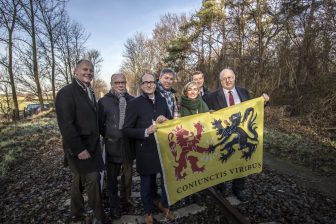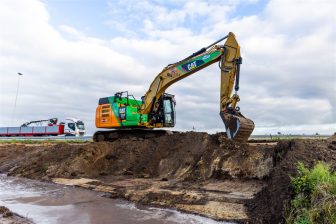EC authorises Slovakian aid to rail, water transport
IP/08/496
Clean Transport: Commission authorises Slovakia to grant fiscal aid to railway and inland waterways transport
Brussels, Belgium – The European Commission has decided 2008-04-02 not to raise any objections to the excise duty reductions and exemptions introduced by Slovakia for the benefit of railway and inland waterways transport. These measures are aimed at reducing external costs in the transport sector.
Since 1st May 2004 Slovakia applies excise duty exemption with respect to fuel used in inland navigation and excise duty reduction with respect to fuel used in railway transportation. The measures are in line with the provisions of the Energy taxation directive. The period covered by the State aid scheme is 10 years.
As railway and inland waterway transport do not allow for direct door-to-door delivery, they are exposed to a number of additional expenses, among which transhipment costs play the main role. At the same time, rail and inland waterway transport have much lower external costs in terms of accident, climate change and air pollution and their use is therefore beneficial for the society. Both transport modes also have considerable spare capacity and can therefore play a role in diverting traffic away from the congested parts of the road networks.
It is appropriate to bring down the cost of use of combined transport operations in order to put cleaner transport modes on equal footing with the road transport. The Slovak Republic opted for excise duty exemptions and reductions to reduce the difference in costs faced by different transport modes.
These fiscal measures applicable to inland navigation and railway transportation are compatible with the European State aid rules[1].
[1] Article 73 EC Treaty and Council Regulation 1107/70/EEC.
U las zojuist één van de gratis premium artikelen
Onbeperkt lezen? Profiteer nu van de introductieaanbieding voor € 10,- per maand.
Bent u al abonnee?



